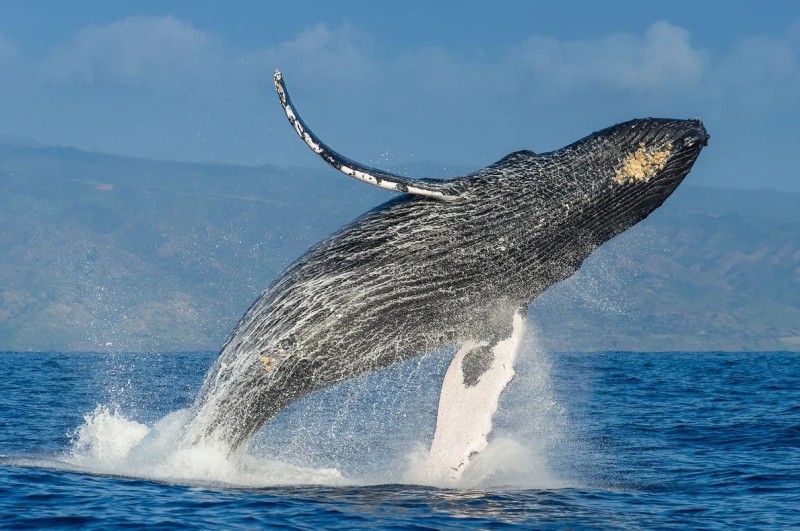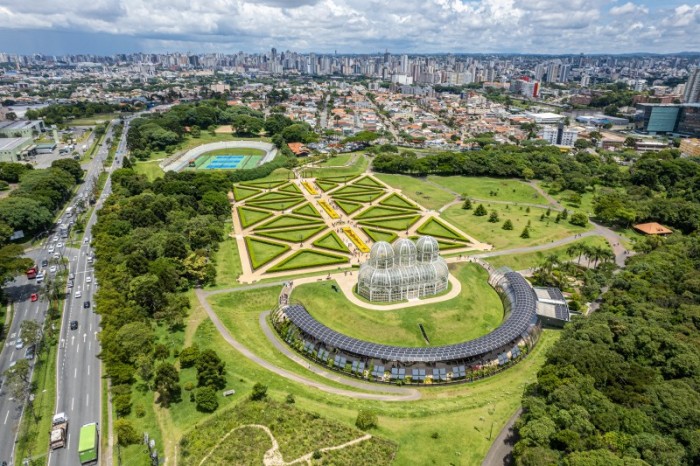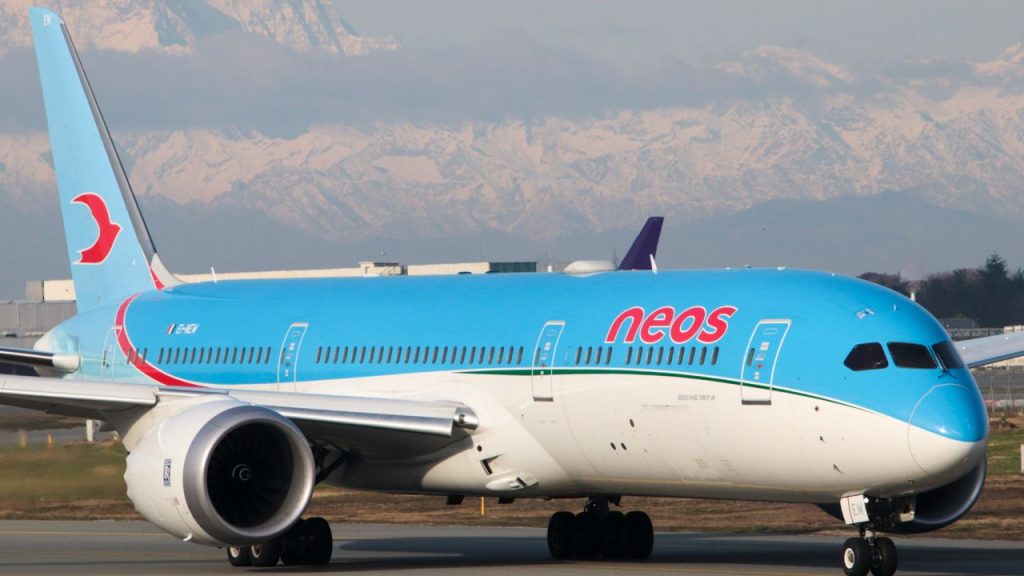Faced with the urgency of climate change, the aviation industry is at a crossroads. How can it continue to connect the world while reducing its carbon footprint? The answer could lie in Sustainable Aviation Fuels (SAF).
Initiatives taken by airlines
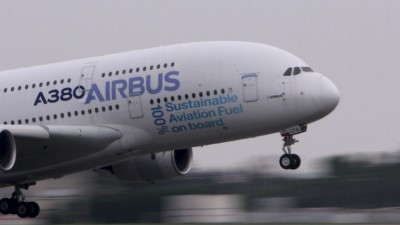
As part of the transition to more sustainable fuels, airlines and aircraft manufacturers around the world are facing major challenges.
LATAM Airlines, for example, recently took delivery of its first Airbus A320 using SAF. This initiative is part of an alliance between LATAM Airlines Colombia and Bio-D to boost SAF production in Latin America. The airline also made its first international flight powered by SAF, marking an important step towards more sustainable aviation.
On 25 July, SKY organised an event entitled “Sostenibilidad sin Escalas: el despegue ESG en la región” to discuss the key sustainability challenges and opportunities facing the aviation industry. In addition, SKY has equipped its entire fleet with NEO technology, which among other benefits reduces fuel consumption.
Other airlines, such as Korean Air and Virgin, are also committed to SAF. Korean Air has entered into a partnership with GS Caltex to test SAF, while Virgin and Boeing have joined forces for a partnership on sustainable aviation fuel.
The role of government policies and international organisations
At the political level, the European Union has set ambitious targets for non-fossil aviation fuels. It estimates that SAF could contribute around 65% of the emissions reductions needed to achieve carbon neutrality by 2050. This will require a massive increase in production to meet demand. The EU encourages harmonised policies across countries and industries, while being technologically and materially agnostic.
The International Civil Aviation Organization (ICAO) is also working to facilitate the development and deployment of SAF, which it believes has the greatest potential to reduce CO2 emissions from international aviation. It has adopted a long-term goal for international aviation of zero net carbon emissions by 2050. This view is shared by IATA, which estimates that emissions in the aviation sector could be reduced by 80% through the use of these sustainable fuels.
The additional cost of SAF and its impact on ticket prices
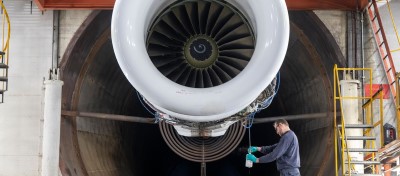
The adoption of SAF is not without financial consequences. The cost of SAF is currently between 3 and 5 times that of traditional paraffin. This extra cost inevitably has repercussions on the price of plane tickets, which could be multiplied by 3 to 5. Price increases have already begun.
In 2022, Air France-KLM, a pioneer in the use of SAF, announced an increase in ticket prices from €1 to €12 to offset part of the extra cost of using “sustainable” aviation fuel. At the beginning of 2023, the company announced further adjustments. The cost of tickets “will vary between €1 and €8 in economy class” and between €1.50 and €24 in business class, depending on the distance, the company said, explaining that this would help speed up the adoption of SAF.
Despite this additional cost, SAF offers significant advantages in terms of aircraft durability. According to Nicolas Jeuland, aviation expert at Safran, SAF will benefit engines and reduce maintenance interventions. “There will be fewer deposits in the engine and less corrosion of the hot parts, which will enable aircraft to operate for longer while maintaining optimum performance”.
The future of SAF
Despite these challenges, and with the support of government policies, technological innovation and the commitment of airlines, SAF could play a key role in the transition to more sustainable aviation. It is clear that SAF is more than just an alternative to fossil paraffin, it represents a pathway to a greener future for aviation.
These discussions and initiatives show that the transition to SAF is a priority for the aviation industry. However, much remains to be done to achieve the decarbonisation objectives. Airlines, aircraft manufacturers and governments must work together to overcome the challenges and make SAF the standard for the aviation industry.


